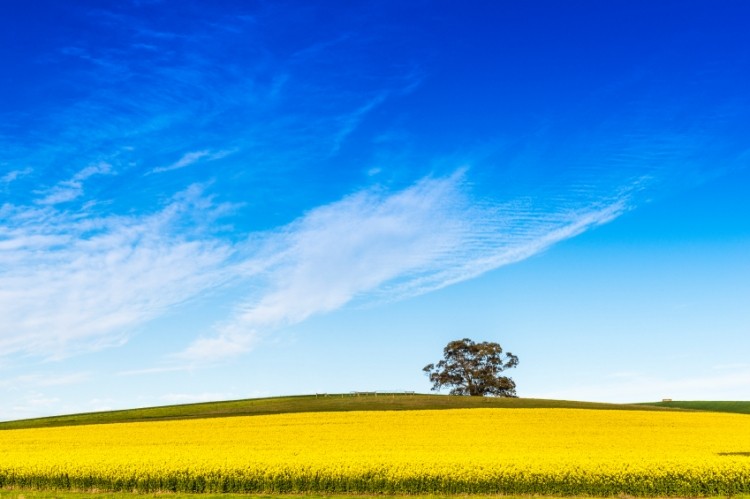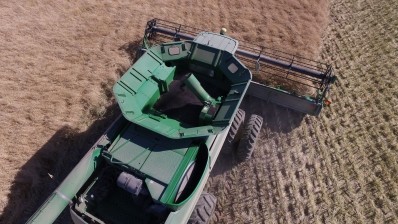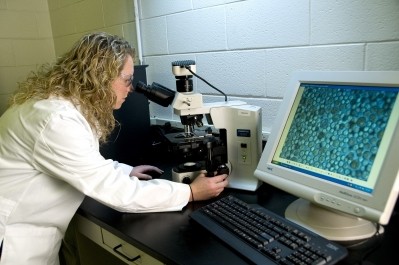Cargill on canola derived omega-3 for feed: 'Patent gives us freedom to work in this space'

Cargill recently announced the publication of its patent regarding the canola oil derived fatty acids.
The new patent covers the use and sale of plant-based oils to feed fish, Willie Loh, vice president of market development, Cargill Edible Oil Solutions, told FeedNavigator.
There was a lag of about 18 months from when it was filed to when it was published.
The patent is in a relatively clear field, as no one else has patents in the same area, he said. “We’re glad we have the freedom to work in this space,” he added.
“We’re always mindful during the patent process, for those 18 months you don’t really know who else is there [and] freedom to operate is extremely important,” he said. “You don’t always know for sure that you have freedom to operate – when we published and we didn’t see anything similar we don’t think that there is going to be a block.”
A new way to produce omega-3s is of interest, in part, because the feed ingredient is in demand due to massive expansion in farmed fish production, he said. “Most of the omega-3 [produced] is from fish oil, and most of it goes into aquaculture,” he added.
“We now have various alternatives to fishmeal, but not a lot of alternatives to fish oil,” he said.
However, the canola derived omega-3 product is anticipated to be used to support additional sector growth not to replace fish oil, he added.
Salmonids and shrimp – both growth segments - need a dietary source of omega-3 to grow, he said.
EPA, DHA and DPA
The canola plants are able to produce EPA, DHA and, the less commonly discussed, Docosapentaenoic acid (DPA) long-chain fatty acids, he said.
“While working with BASF, we spent a lot of time developing the genetics behind long chain fatty acids – plants don’t usually generate omega-3s. The [effort with] BASF is almost a new pathway allowing a canola plant to make the long-chain omega-3.
“We can grow canola and harvest the seeds, as we normally do, and crush them, as we normally do, and use that instead of fish oil to make aquaculture feed for salmonids and shrimp feed."
However, there remain more interim steps before aquafeeds or other products using the omega-3-rich canola oil will be available on the market, said Loh.
“We have to go through deregulation,” he said. “The first dossiers have gone out to USDA and now to FDA and EPA will soon follow – a lot of work has been done to demonstrate safety [but] it’s hard to know exactly how long it will take for the regulatory agencies to respond, and we can’t rule out that they’ll have objections.”
Cultivation work continues
Additionally, work is ongoing to continue development of the canola plants, he said. “We have opened up a research station in Great Falls, Montana – we’ve moved a team into that location and their job is to create the best canola that you can grow,” he added.
As a precaution, Cargill is focusing on tailoring the canola plants to grow in regions that do not have a large amount of the oilseed crop already in production.
“We’re in the process of developing a distiller-ship process as we do not want this crop to enter the mainstream,” said Loh. “We are sensitive that things like this, done for positive reasons, can be screwed up and disrupt the grain trade.”
The oilseed is set to be processed in a closed-loop system designed to prevent it entering the traditional canola pathway, he said.









